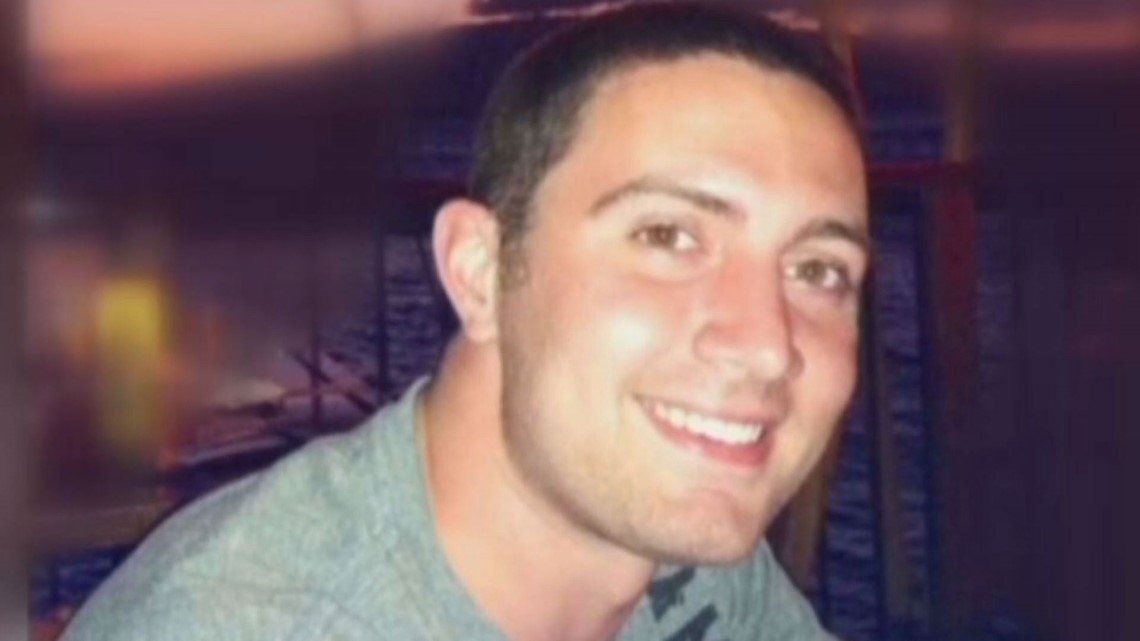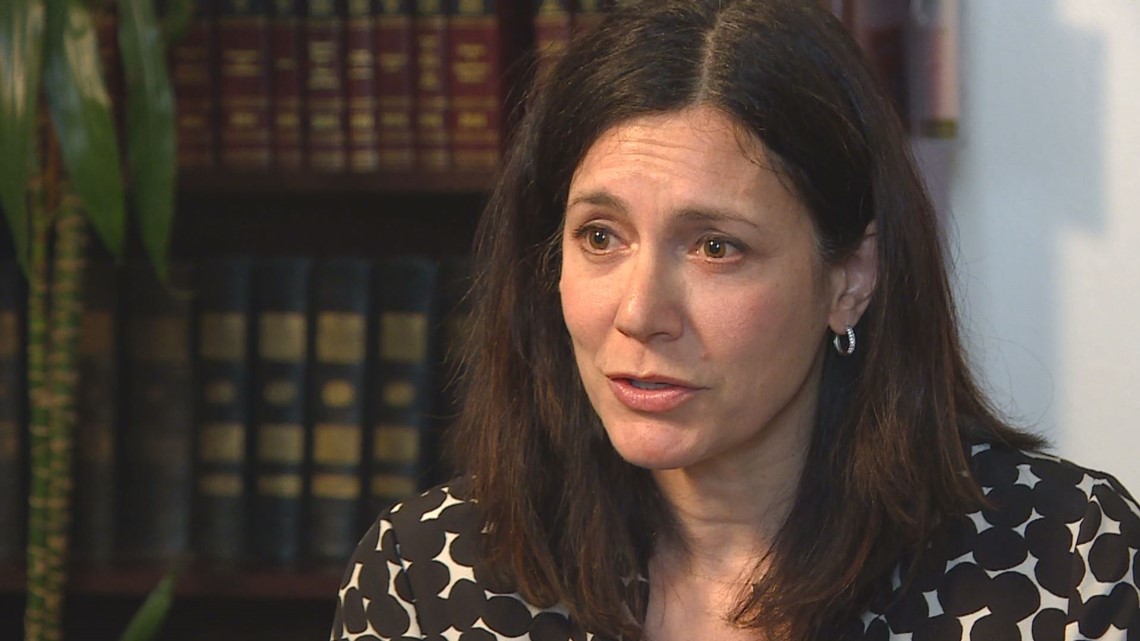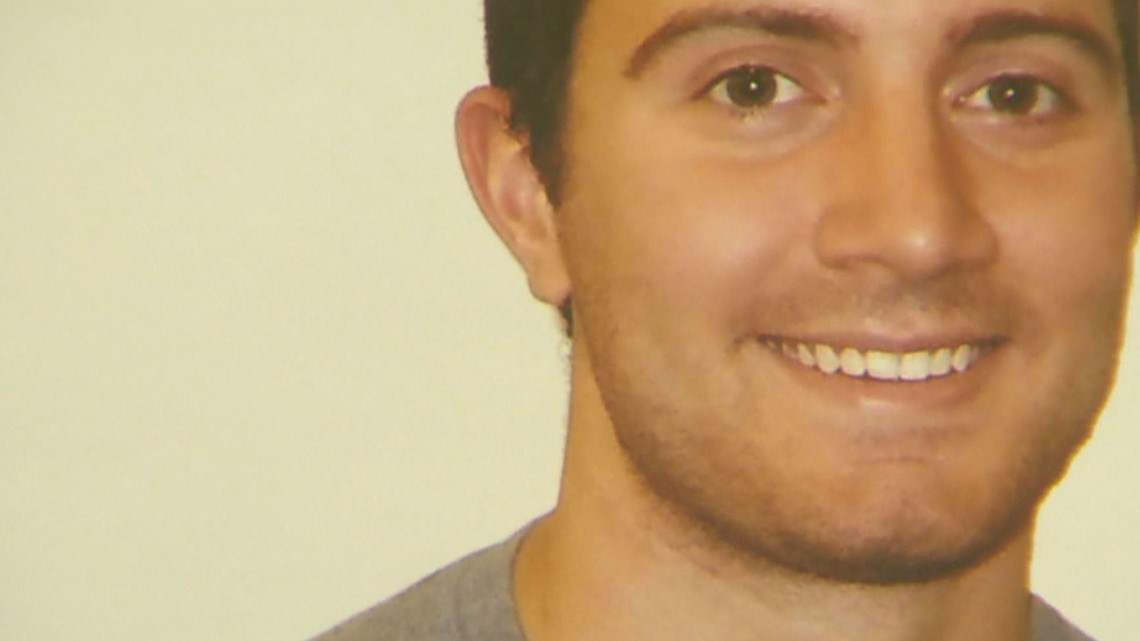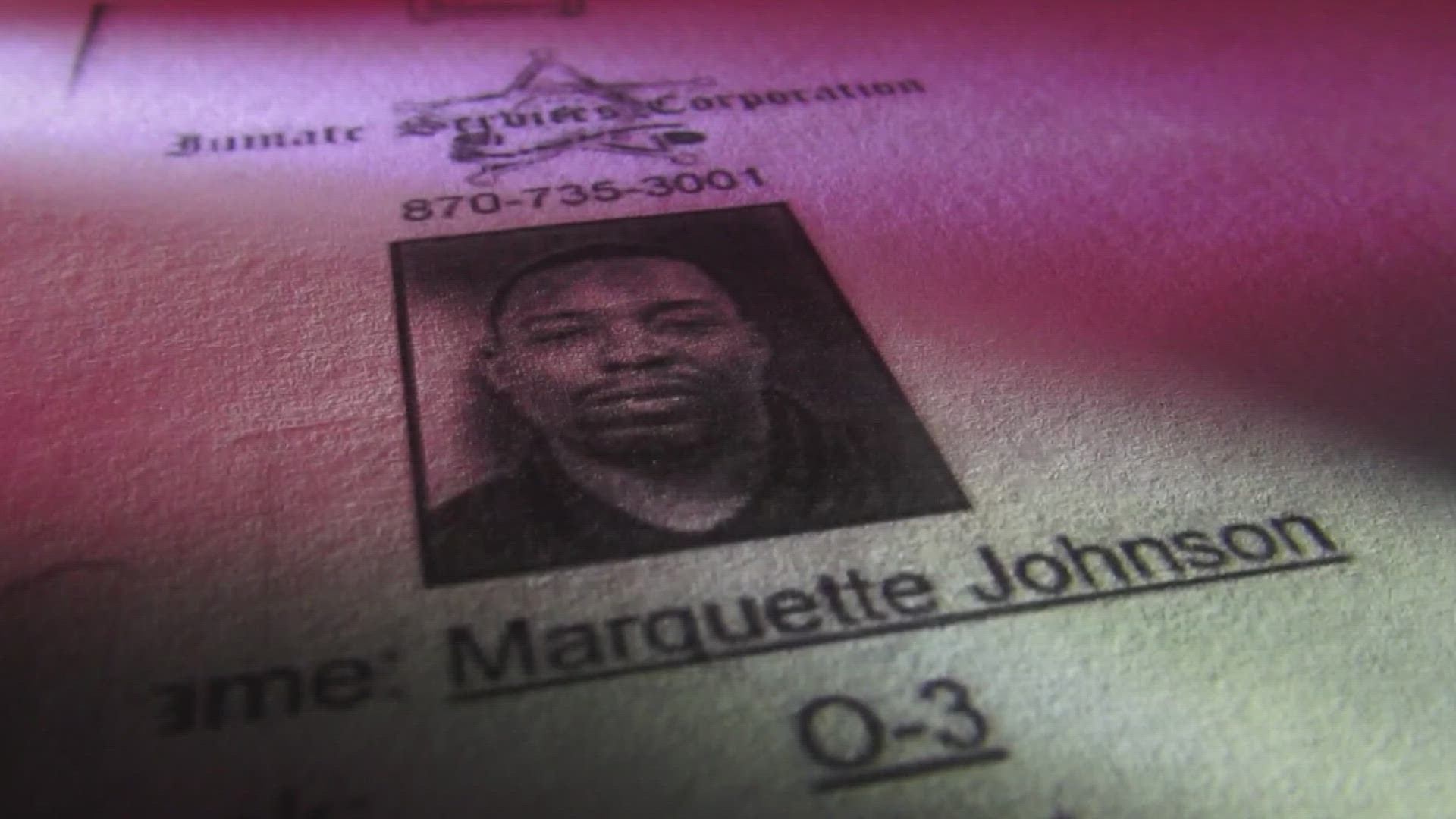KUSA — Despite differing legal interpretations and pleas from the families of several murder victims, Gov. John Hickenlooper and his attorney stand by the state’s decision to keep secret the locations of more than 100 inmates who have been moved out of Colorado, a 9Wants to Know investigation found.
At the crux of the issue is the Victim Rights Act, passed by voters and signed into law in 1993. The law’s author and some legal experts believe victims and their families have an absolute right to know where the killers of their loved ones are being held. Hickenlooper, his attorney and the Colorado Department of Corrections interpret the law differently.
9Wants to Know spent months investigating the national prisoner exchange program that keeps the whereabouts of some Colorado inmates a secret -- at last count, more than 100 inmates, including killers and rapists, were being held in other states.
And victims of some of Colorado’s most notorious criminals said they believe the stance of the governor and the DOC puts inmates’ rights above their own.
“Isn’t it enough that my son’s dead?” Tom Teves asked, whose son Alex was one of the 12 killed inside the Aurora movie theater in 2012. “It’s important from my perspective to know exactly where he is.”


But they can’t know where the shooter is because the Colorado Department of Corrections and the governor have refused to tell.
“There’s something wrong with our society and quite honestly, with the governor, if he thinks that their rights are more important than mine,” Teves said.
Some legal experts disagree on the rights the Victim Rights Act guarantees victims and their families. The governor’s office tells 9Wants to Know it’s not violating victims’ rights by keeping the location of more than 100 inmates a secret.
9Wants to Know asked the governor’s chief legal counsel Jacki Cooper Melmed if the Victim Rights Act prohibits the governor from telling the victims the location of various inmates transferred out of state.
“In this case, it doesn’t prohibit or require,” Cooper Melmed said.
She said the law only requires DOC to notify the family if the inmate is being transferred to a lower security facility or if the move is permanent, not temporary. In their letters to victims, DOC says the prisoners have been “temporarily transferred,” and therefore their locations will not be disclosed.
Twenty three Colorado inmates have been sent out of state for more than a decade -- the state believes they will all return to Colorado someday.
“The way it works under the statute,” Cooper Melmed said, “is if the prisoner is going to come back to the sending state, then it's temporary.”
Another point of disagreement is the section of the law that provides for victims to be informed if they have asked for it in writing.
The law says, “Upon receipt of a written victim impact statement as provided in section 24-4.1-302.5(1)(j.5), the department of corrections shall include the statement with any referral made by the department of corrections or a district court to place an offender in a public or private community corrections facility or program. Upon written request of a victim, the department of corrections or the public or private local corrections authorities shall notify the victim of the following information regarding any person who was charged with or convicted of a crime against the victim:
(a) The institution in which such person is incarcerated or otherwise being held.”


Cooper Melmed told 9Wants to Know this paragraph refers to community corrections, a very different incarceration method than prison. She says the paragraph should be considered in its entirety.
“That refers to the transfer to a private community corrections facility program. All of these do,” Cooper Melmed said. “We always work with attorneys for the state to make sure we all are in agreement on how to interpret these statutes.”
Rich Orman, one of the men who prosecuted the Aurora theater shooter, disagrees.
“When you read the section as a whole, like they claim to do, you see nine different subsections stating that DOC has to notify the victim of various things upon request,” Orman wrote in an email. “In other words this very same statute requires them to notify victims of many things that have nothing to do with the type of halfway house program that the Hickenlooper administration claims the section solely applies to.
“I wouldn’t even give their reading the honor of calling it wrong. It is worse than wrong. It’s not even wrong. It makes no sense whatsoever,” Orman said.
9NEWS legal analyst Scott Robinson said the intent of the Victim Right Act is clear to him.
“When voters passed the victims rights amendment and lawmakers enacted the statute, it’s clear that they intended to give an enormous amount of power to victims including the knowledge of where a perpetrator is housed, literally at all times,” Robinson said.
Over the last 10 months of looking into this topic, 9NEWS has only been able to ask the governor about it during other scheduled interviews. The day after the first 9Wants to Know story aired on April 27, the governor came to 9NEWS to promote another event and agreed to respond to victims.
Can't see the video? Click or tap here
“I couldn’t possibly express, I don’t have words to express how much I care for the families of these victims, and I have met most of them and I have been to the funeral services,” Hickenlooper said.
The governor reiterated his main concern, that these inmates’ location will not be disclosed for their own safety and the safety of people who guard them.
“It’s not just the inmates’ safety, we’re talking about the safety of prison guards who don’t get paid a lot of money and repeatedly end up being hurt,” Hickenlooper said.
“Violence sometimes takes place around these particular inmates. It’s a complicated situation; we continue to try to look around every corner we can to see if there’s anything we can do to try and bring relief to these family members of the victims.”


The victims feel they have two options left: ask the legislature to clarify the law or sue.
“We shouldn’t have to go to court,” Tom Teves said.
“We shouldn’t have to be put through another leg of torture,” Caren Teves, Alex’s mother, added. “We’ll do what we have to do in Alex’s name and honor and the name and honor of the other victims.”
Kevin Vaughan, Katie Wilcox, Anna Hewson and Nicole Vap contributed to this report.



